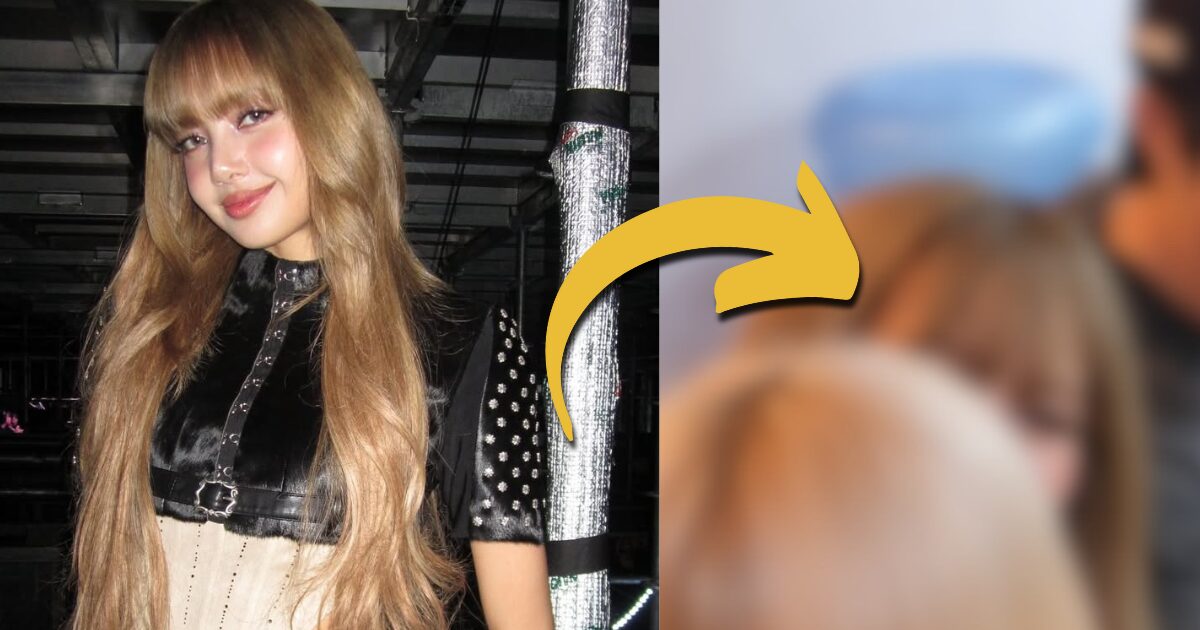Since South Korea deployed the THAAD missile defense system in 2016, the Hallyu Ban has caused severe financial losses for the Korean entertainment industry. Estimates suggest annual losses range from 300 to 500 billion KRW. This ban has stifled South Korea’s cultural influence and reduced the broadcasting of Korean dramas, movies, and K-pop activities in China, a vital market for these exports.
The recent cancellation of EPEX’s concert in China has raised concerns about K-pop’s future in the region. This concert was significant as it would have marked the first performance by a fully Korean group in China since the ban began. It signaled a possible improvement in relations. However, C9 Entertainment, EPEX’s agency, cited increased scams related to K-pop performances as the reason for cancellation, prompting authorities to intervene.
While some artists, such as American singer-songwriter The Black Skirts and a Korean rap trio, have performed, these events were not commercial concerts. Instead, they were part of youth exchange programs. This situation highlights ongoing challenges K-pop groups face in resuming activities in China due to political and diplomatic tensions.
Despite these hurdles, there is cautious optimism for future cultural exchanges. Both the South Korean and Chinese governments recognize the importance of cultural ties. This recognition has led to a gradual reintroduction of some Korean dramas and films on Chinese online platforms. The demand for K-pop among Chinese fans remains strong, suggesting a potential market recovery.
Industry insiders stress the need for protective measures as cultural exchanges may resume. Strategies must be developed to shield Korean content from potential political issues. Ensuring the stability of this vital cultural sector is crucial. As the landscape evolves, there is hope that the vibrant world of K-pop can reestablish its presence and thrive once more in China.
Challenges Faced by K-pop Groups in China
K-pop groups face significant challenges in China due to the Hallyu Ban. The ban has limited their ability to perform, affecting their visibility and revenue. Artists must navigate a complex political landscape to resume their activities.
Government Initiatives for Cultural Exchanges
Both governments are taking steps to promote cultural exchanges. Recent initiatives aim to enhance cooperation, which may lead to more opportunities for K-pop artists. By fostering a better relationship, both countries can benefit from shared cultural experiences.
Conclusion
The future of K-pop in China remains uncertain, but there are signs of recovery. With continued efforts from both governments and the strong demand from fans, K-pop could regain its footing. The vibrant world of K-pop has the potential to thrive once more, provided the right conditions are established.
This article has been written by Kpopmap AI writer and while we have made efforts to ensure the accuracy of the article, there may be errors or inaccuracies.
 1 month ago
40
1 month ago
40



















 English (US) ·
English (US) ·